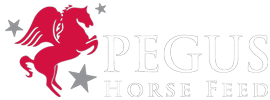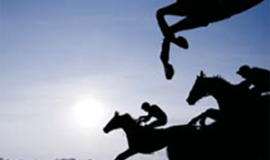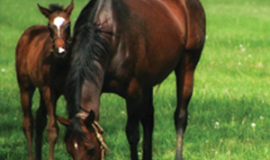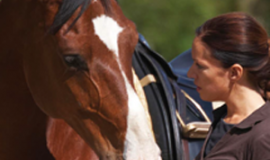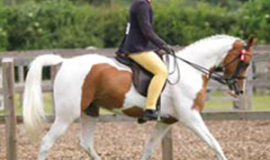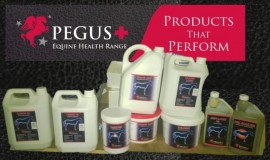Cobalt in the Horses Diet
In addition to being a naturally occurring trace mineral in horse rations, cobalt has also been associated with the doping of racehorses around the world. So, what are the functions of cobalt in the body? What is the recommended requirement for cobalt, and what are safe amounts to feed in rations for racehorses?
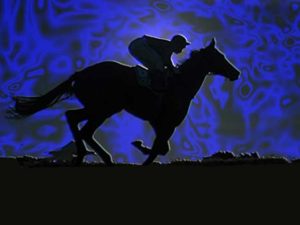
Function of cobalt (Co) in the body
Cobalt is an essential trace mineral used by microorganisms in the horse’s caecum and colon in the synthesis of vitamin B12. Cobalt in the form of vitamin B12 is needed, together with iron and copper, in the formation of red blood cells (erythropoiesis).
Requirement
The NRC 2007 requirement for cobalt is set to 0.05 mg per kg dry matter in the ration. This means that an adult horse, weighing 500 kg, will need 0,5 – 0,7 mg per day. A cobalt deficiency would be expected to result in a vitamin B12 deficiency. However, cobalt or vitamin B12 deficiency has not been reported in horses, and is difficult or impossible to induce experimentally. This implies that under normal conditions horses receive enough cobalt to sustain the intestinal microbes in their synthesis of vitamin B12.
Sources of cobalt in horse rations
Cobalt is found in natural horse feeds in minute amounts. Typical concentrations in forage will be 0.04-0.08 mg per kg dry matter, and lower for grains. However, these values may vary between areas and countries based on their local soils.
Compound feeds for horses typically contain 0.3-0.9 mg per kg and mineral supplements from 5-20 mg per kg, depending on the daily amounts recommended by the producer (normally less than 100 grams/d).
Cobalt and the doping of race horses
Recently, reports have appeared about horse trainers who have supplemented horses with much higher amounts of cobalt than recommended, presumably believing that high intakes can increase the production of red blood cells. Whether it works or not is not known. One of the big concerns is the negative side effects of overdosing horses with cobalt. In humans, overdoses have reportedly led to organ damage, impaired thyroid activity and even to death.
Some studies showed that after oral administration of high doses of cobalt (more than 200 mg/d) to racehorses, no positive effects on red blood cells were found. Instead of physiological changes that could help a horse to run faster or endure more sustained levels of activity, the opposite was observed: profuse sweating, muscle trembling, restless circling, horses dropping to their knees, and brief periods of collapse.
Feeding cobalt in the recommended daily amounts leads to blood levels of 0.5 – 3 micrograms per litre. When it comes to doping regulations, an upper threshold for cobalt in the blood plasma of racehorses has been set at 25 micrograms per litre and in urine at 100 micrograms per litre. To obtain such levels of cobalt in blood or in urine you would have to feed cobalt in amounts far above the recommended amounts, or to inject the element directly into the blood stream.
Pegus PC-Horse and cobalt
Pegus can calculates the cobalt requirement for all types of horses, and also calculates the total amount of cobalt in each ration. By using PC-Horse when composing your rations, you will always know what the requirement of each individual horse is and how much cobalt each ration contains.
Free Phone Helpline R.O.I.= 1800-378463 UK = 0800 011 4182
